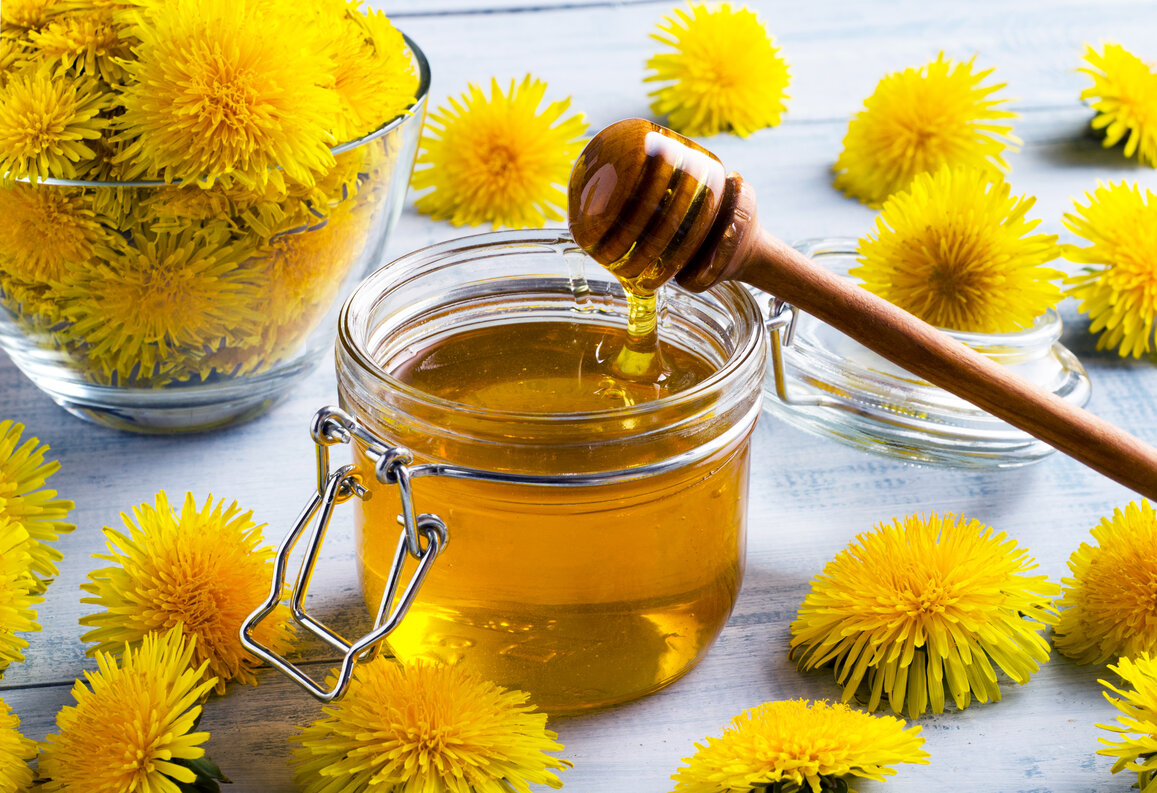
With its potent antibacterial properties, Manuka honey offers benefits such as wound healing, cough relief, protection against ulcers, improved digestion, and even better oral health.
Manuka honey is a honey native to New Zealand. It’s produced by bees that pollinate the flower Leptospermum scoparium (L.scoparium), commonly known as the Manuka bush.
Manuka honey’s antibacterial properties are what set it apart from traditional honey. It contains methylglyoxal as an active ingredient, likely responsible for these antibacterial effects. Additionally, Manuka honey has antiviral, anti-inflammatory, and antioxidant benefits.
It has traditionally been used for wound healing, soothing sore throats, preventing tooth decay, and improving digestive issues.
Here are five science-based health benefits of Manuka honey.
1. Aids wound healing
Since ancient times, honey has been used to treat wounds, burns, sores, and boils.
Honey offers antibacterial and antioxidant properties, all while maintaining a moist wound environment and protective barrier, which prevents microbial infections in the wound.
Studies have shown that Manuka honey can enhance wound healingTrusted Source, amplify tissue regeneration, and even decrease pain in people with burns. What’s more, Manuka honey may help heal diabetic ulcers.
Manuka honey may also effectively treat wound infections caused by antibiotic-resistant strains, such as methicillin-resistant Staphylococcus aureus (MRSA).
2. May promote oral health
Studies have shown Manuka honey attacks harmful oral bacteria associated with plaque formation, gum inflammation, and tooth decay.
Specifically, research has shown that Manuka honey, with its high antibacterial activity, is effective at inhibiting the growth of harmful oral bacteria like Porphyromonas gingivalis (P. gingivalis) and Aggregatibacter actinomycetemcomitans (A. actinomycetemcomitans).
3. May help calm a cough
Manuka honey may relieve coughs due to upper respiratory tract infections (URTIs). URTIs are common infectionsTrusted Source caused by bacteria or viruses. They include the common cold, acute bronchitis, influenza, and respiratory distress syndromes.
Symptoms of URTIs include cough, sore throat, runny nose, and nasal congestion. Since viruses cause most URTIs, antibiotics are ineffective as a treatment and can have harmful side effects.
A number of studies suggest honey may be a safe, effective treatment for cough due to URTIs. Studies suggest honey may be more effective than commonly used medications for relieving URTI symptoms, especially cough frequency and severity.
4. May improve digestive symptoms
Inflammatory bowel disease (IBD) is an inflammatory disease of the gastrointestinal tract. IBDs, such as ulcerative colitis and Crohn’s can lead to symptoms like diarrhea, abdominal pain, nausea, and vomiting
Rodent studies have shown that regularly consuming Manuka honey may help control strains of C.diff, a type of bacteria that causes severe diarrheaTrusted Source and inflammation of the bowel.
5. May help treat acne
Many factors, including hormonal changes, poor diet, stress, and bacteria cause acne.
The antimicrobial activity of Manuka honey, when used in combination with a low-pH product, is often marketed to fight acne.
Yet, there is very limited research on Manuka honey’s ability to treat acne.
However, one study investigated the effects of kanuka honey, which has antibacterial properties similar to those of Manuka honey. It found that kanuka honey was as effective as antibacterial soap at improving acne.
Further research is needed to declare Manuka honey a useful home remedy for acne
The Key Takeaway…
Manuka honey’s unique antibacterial properties make it a valuable topical treatment for wounds. It speeds wound healing and helps prevent and fight infections, including those caused by antibiotic-resistant strains.
Manuka honey may also help prevent or treat numerous ailments, including inflammatory bowel disease, gastric ulcers, periodontal disease, and coughs due to upper respiratory infections.
More research, especially in humans, is needed to understand Manuka honey’s beneficial properties fully. But Manuka honey is a generally safe treatment strategy that may speed healing when used along with more conventional therapies.
